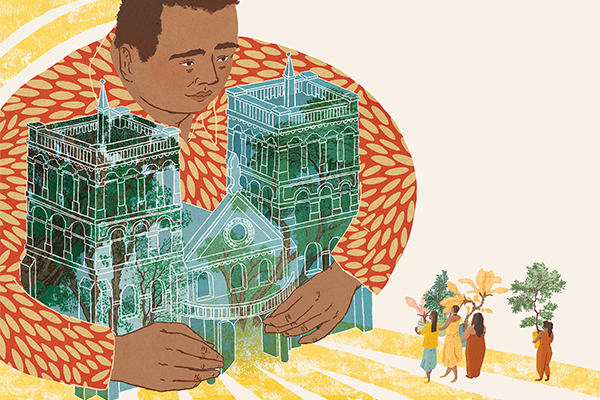MY ANCESTORS ARE the Indigenous people of the Samoan Islands in the Pacific Ocean. The island chain is now separated by its colonial legacies: At one point, Germany and New Zealand controlled what is now the Independent State of Samoa, and the United States remains in territorial control of American Samoa.
The consequences of that history forced me to turn inward and clearly hear the lamentations of my ancestors. I think many Indigenous people with similar colonial wounds would agree we just want to heal from our pain. And the only appropriate remedy is justice.
Read the Full Article

Already a subscriber? Login
